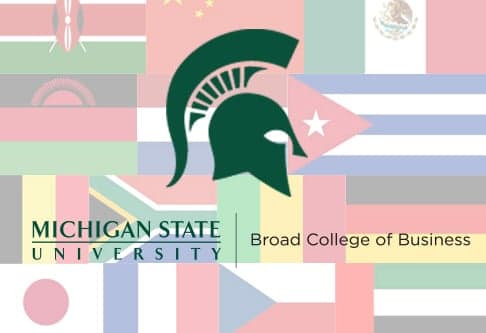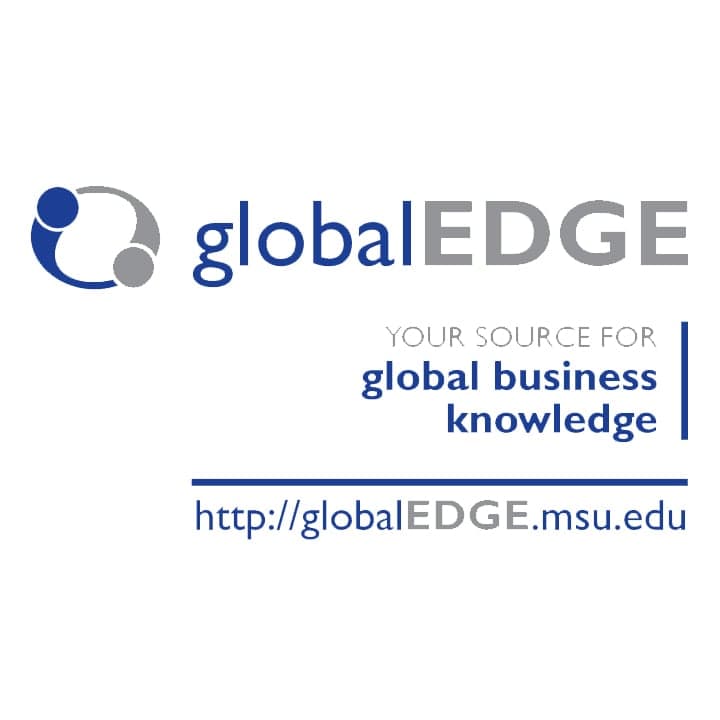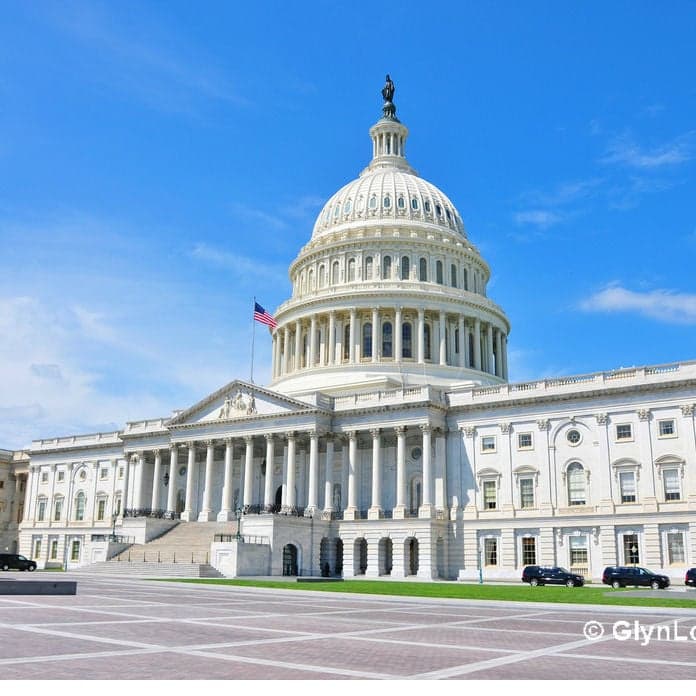The top-selling International Marketing textbook defines international marketing as “the performance of business activities designed to plan, price, promote, and direct the flow of a company’s goods and services to consumers or users in more than one nation for a profit.” The argument is that “more than one nation” is what separates domestic from international marketing. We can also argue that “for a profit” is a constraining qualifier since the United Nation’s Sustainable Development Goals, non-profit organizations, and philanthropic organizations – to name a few categories – also use “international marketing” tools, skills, and knowledge to cross country borders with their activities.
But that’s not the focus of this blog! Instead, let’s use the definition of international marketing as a general guide to the topic. What I do want to focus on is Michigan State University’s influence on international marketing scholarship. For about half a century, MSU’s Broad College of Business has been a leader in international marketing scholarship – research, teaching, services, and outreach. MSU has some 1,400 faculty conducting research, teaching, service, and outreach in 176 countries – and a number of these professors are entrenched in international marketing scholarship. Ultimately, research rankings drive the prestige and reputation of an academic institution such as Michigan State University.












